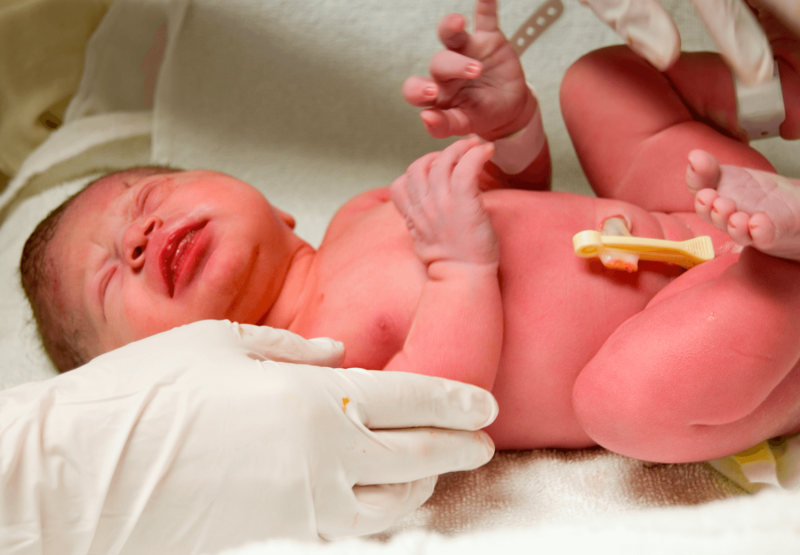Gracie [Gregory] was one of 25 children who took part in the first-of-its-kind study at Duke University in Durham, North Carolina. The goal: to see whether a transfusion of their own umbilical cord blood containing rare stem cells could help treat their autism.
The results were impressive: More than two-thirds of the children showed reported improvements. A larger second trial is underway, one its researchers hope will lead to long-term treatment for children with autism.
Skeptics say there are too many unanswered questions to get excited. Even Duke researchers acknowledge as much. The initial trial, published…in the journal Stem Cells Translational Medicine, was a safety study, not a controlled, double-blind study with definitive proof of positive results.
…
[Joanne Kurtzberg who heads the Robertson Clinical and Translational Cell Therapy Program] has a hypothesis about what may be happening: that certain immune cells within the cord blood are crossing the blood-brain barrier and altering brain connectivity while also suppressing inflammation, which may exist with autism.…
Thomas Frazier II, chief scientific officer of the advocacy group Autism Speaks, said the results of the initial study were encouraging but that more work needs to be done before the public gets excited. “It’s too early to get hopeful. Too early to change behavior,” he said. “I hope people don’t go out and spend money on banking cord blood as a result [of this trial].”
The GLP aggregated and excerpted this blog/article to reflect the diversity of news, opinion, and analysis. Read full, original post: Stem cells offer hope for autism
For more background on the Genetic Literacy Project, read GLP on Wikipedia































